TMJ Treatment
Those who suffer from temporomandibular joint (TMJ) disorder understand the pain and discomfort this oral condition can cause. TMJ disorder, or TMD, affects an estimated 10 million people in the U.S. and can have a variety of symptoms that impact their jaw function and comfort. Dr. Wayne Suway, DDS, MAGD, has decades of experience helping his patients overcome dental and oral health issues, including TMD. If you live in Cumberland or the Windy Hill area and suffer from TMJ disorder, Dr. Suway offers expert treatment options at his clinic in Atlanta.
The temporomandibular joint connects the skull and lower jaw, and it is responsible for allowing the mouth to open and close. The tendons and muscles in the jaw and face allow movement and pressure for talking, chewing and breathing. When too much stress is put on this joint, it can become painful or dysfunctional. It can be difficult to open the mouth or painful to chew, along with many other symptoms. TMJ disorders can involve the tendons, muscles, bone and cartilage in and around the jaw joint and are often caused by bite alignment and dental issues.
Varying Symptoms of TMJ Disorders
Most people with TMJ disorders experience jaw pain or facial tenderness around the jaw, but the symptoms are not always localized. A problem with the jaw joint may cause radiating pain that can manifest elsewhere, often leading to misdiagnosis of the condition. Symptoms of TMD include headaches, localized jaw/face pain, ear aches, popping/clicking in the jaw, neck pain and ringing in the ears.
Some people with TMJ disorder may only have one or two of the common symptoms, while others may have several. Each person can experience TMD differently, due to the varying issues this condition covers. It is vital to receive a thorough exam by an experienced master dentist like Dr. Suway, who can pinpoint the exact jaw joint issues and recommend an effective treatment plan for relief.
Treating Bite Misalignment and TMD
Often, bite misalignment causes the extra stress on the jaw joint and surrounding tissues, leading to TMD. When the teeth and jaw are misaligned, jaw movement for talking and chewing can strain tendons and deteriorate the joint. Dr. Suway uses x-rays, a TMJ Doppler unit and a physical exam to diagnose TMJ disorders and determine the severity and cause of the joint stress. This thorough examination is needed to create a short and long-term treatment plan to offer relief for his patients with TMD.
There are several dental issues that can cause bite misalignment. A missing or misshaped tooth can impact the alignment. A strained jaw tendon may need the support of a bite guard to align the bite, allowing the tendon to heal. Dr Suway has used temporary bite guards to stabilize the jaw and align the jaw, teeth and nerves for TMJ patients. He has also performed the necessary dental work to help align the bite, including shaping enamel, adding porcelain crowns and performing dental restorations. In some cases, a permanent mouth guard or stint can give the patient the alignment they need to relieve their TMD symptoms.
TMJ disorders can be debilitating and disruptive for patients, causing pain, jaw dysfunction, sleep problems and mental stress. If not treated expediently, TMJ may require more invasive treatments including oral surgery. Dr. Suway has the expertise to find treatments that can offer relief, often in as little as one or two visits.
Cumberland and Windy Hill residents with TMJ disorder can contact our office in Atlanta to schedule an exam and consultation with Dr. Suway. Enjoy relief from jaw pain and other TMJ symptoms by calling our office to book your appointment today.









